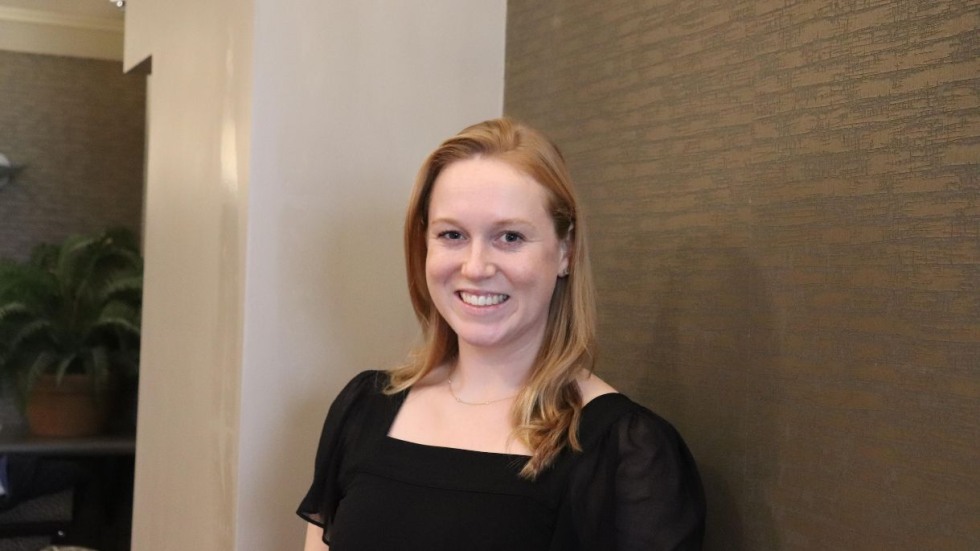Name: Rachel Palumbo
Hometown: Hopkinton, MA
Program: Urban Education Policy
Education: B.S. Bentley University (Majors: Information Design and Corporate Communications, Health & Industry)
Current Position: Development Director at Providence Promise
What drew you to the UEP program at Brown?
I was drawn to the UEP Program by the cohort model and the faculty. I was really excited about moving through the program with my peers and the community-like experience it offered. Also, the faculty are, of course, some of the very best in their fields. It was such a privilege to learn from them.
How did your undergraduate education and any previous work experience lead or motivate you to pursue a master's in urban education policy?
I worked in operations for Teach For America, Massachusetts following undergrad. I was really fascinated by the public education landscape and have always believed education to be a powerful vehicle for systemic change. I wanted to study the levers and limitations of education policy for positive change.
What was/still is your favorite part about living in Providence and being at Brown?
I had a unique experience in that my cohort was the pandemic year and all classes were hybrid; in fact, only one course had an in-person option, that being Dr. Qazilbash. Instead, my peers and I put a lot of care and intentionality into creating an online community for one another, hosting many virtual study hours and hangouts. Meanwhile, some of the professors offered "brown bag lunches" where we zoomed in to have our lunch and get to know our professors better outside of just taking their class online. While it came with its challenges, I wouldn't change the experience I had, even if I could.
What was the highlight of your experience in the UEP program?
The cohort model really enriched my overall experience and gave me lifelong friends. The friendships I have from the program are very unique, as we align on many of our personal and professional passions and interests. I consider myself very lucky to have been in the program at the same time as my peers. Not to mention, I had an amazing experience with my UEP internship at APA Associates. My supervisor was incredibly supportive and made sure to challenge me with new projects and responsibilities throughout the year.
What are you up to now after graduating from the program?
I have been working in Providence for over three years and at Providence Promise for two of them. Providence Promise leverages college savings accounts, financial empowerment, and youth and family services to make higher education more accessible. We currently serve 1,300 students from 700 Providence families. As the Development Director, I oversee the design and implementation of our annual fundraising plan to raise just under $1,000,000. I am really enjoying using all of my skills and experience from UEP. Specifically, I find that there is considerable alignment between fundraising and advocacy, because I get to write proposals for and speak to people who are in powerful positions to evoke meaningful change in their offices and industries. When you think about it, I spend so much of my time trying to convince people to believe and invest in college savings programs as a tool for generational wealth and economic mobility. I also work for a UEP alum and work alongside one of my peers from the same cohort!
What skills or knowledge did you learn throughout the program that you found most useful in your career?
I truly did learn so much from my peers and from experiencing the program alongside them. I was also able to participate in a History of Education in the U.S. Independent Study. The material was so enriching and fascinating, and completing the course with just 4 other peers allowed us to have very deep discussions on the material.
What advice would you give a student applying to UEP?
I would encourage people applying to the program to really familiarize themselves with the courses the program offers, as well as the faculty. It might help to look at the publications and research experience of the program faculty, as well, and evaluate the alignment of the program to your future goals. Also, there are places on the website to explore all of the paths that alumni have taken after graduating. As you can see, there is not one, specific path, and the program is what you make of it. I also think its okay to go into the program not knowing exactly what you want to do afterwards and to let the experience guide your future passions.
